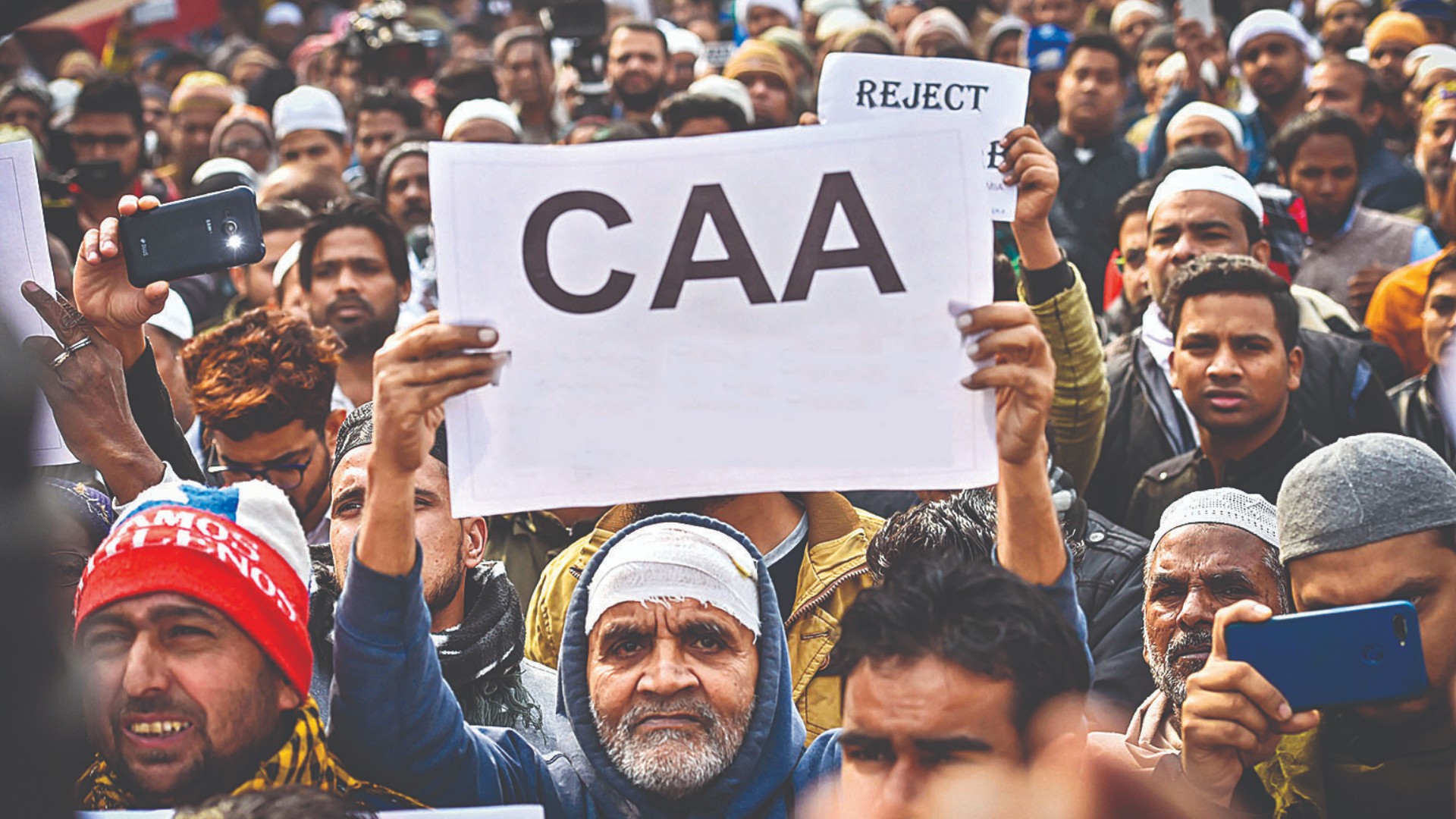

The implementation of the controversial Citizenship Amendment Act, designed to grant citizenship to religious minorities from Pakistan, Afghanistan, and Bangladesh who have settled in India, is reportedly scheduled to commence next month.
According to sources, preparations, including the setup of an online portal for registrations and trial runs conducted by the Union Home Ministry, indicate readiness for the process.
The CAA is anticipated to assist refugees from these neighboring countries who lack proper documentation, with a notable influx of applications for long-term visas originating from Pakistan, as revealed by sources. Preceding the CAA, district authorities have already been empowered to grant long-term visas, a move aimed at facilitating the citizenship process.
Over the past two years, powers to grant Indian citizenship to Hindus, Sikhs, Buddhists, Jains, Parsis, and Christians from Afghanistan, Bangladesh, and Pakistan under the Citizenship Act of 1955 have been delegated to more than 30 District Magistrates and Home Secretaries across nine states.
According to the Union Home Ministry’s annual report, between April 1, 2021, and December 31, 2021, a total of 1,414 non-Muslim minorities from Pakistan, Bangladesh, and Afghanistan were granted Indian citizenship through registration or naturalization under the Citizenship Act of 1955.
Enacted in 2019 amidst widespread protests nationwide, the Citizenship Amendment Act marks the first instance where religion is used as a criterion for Indian citizenship. The government’s argument suggests it aims to provide assistance to non-Muslim refugees fleeing religious persecution in three Muslim-majority neighboring countries.
Critics argue that the law discriminates against Muslims and undermines the secular principles enshrined in the Constitution.
US President Donald Trump is set to unveil new tariffs on auto imports this Wednesday,…
President Donald Trump has pledged to examine the circumstances surrounding the death of Ashli Babbitt,…
The tragic death of a 17-year-old medical aspirant in Kota has once again put the…
Canadian Prime Minister Mark Carney has issued a stark warning about the economic impact of…
A humble juice seller in Aligarh, who operates a small stall in the district court…
The Directorate of Revenue Intelligence (DRI) has made a third arrest in the high-profile Ranya…